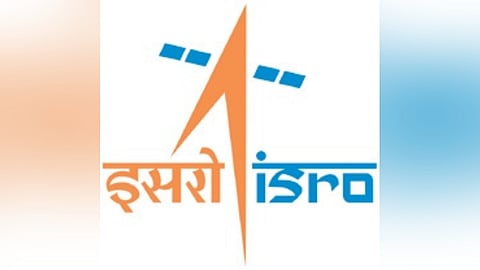

BENGALURU: The Indian Space Research Organisation (ISRO) achieved yet another milestone in design and manufacturing by successfully conducting a long duration test of the PS4 engine of the PSLV stage.
The scientists were able to build a new engine – a single piece that saves 97 percent of raw materials and reduces production time by 60 per cent.
The hot testing of liquid rocket engine manufactured through Additive Manufacturing (AM) technology was done on May 9 for a duration of 665 seconds. The manufacturing was done in the Indian industry (M/s WIPRO 3D), and the engine was hot tested at ISRO Propulsion Complex, Mahendragiri.
The Liquid Propulsion Systems Centre (LPSC), ISRO team redesigned the engine making it amenable to the Design for Additive Manufacturing (DfAM) concept thereby gaining considerable advantages.
The earlier PS4 engine manufactured in the conventional machining and welding route has been in use for the fourth stage of PSLV which has a thrust of 7.33 kN in vacuum condition.
“The Laser Powder Bed Fusion technique employed has brought down the number of parts from 14 to a single-piece, and eliminated 19 weld joints, saving significantly on the raw material usage per engine (13.7 kg of metal powder compared to the 565 kg of forging and sheets for conventional manufacturing process) and reduced 60% in the overall production time,” said ISRO in a statement.
The space agency plans on inducting the redesigned AM PS4 engine into the regular PSLV programme.